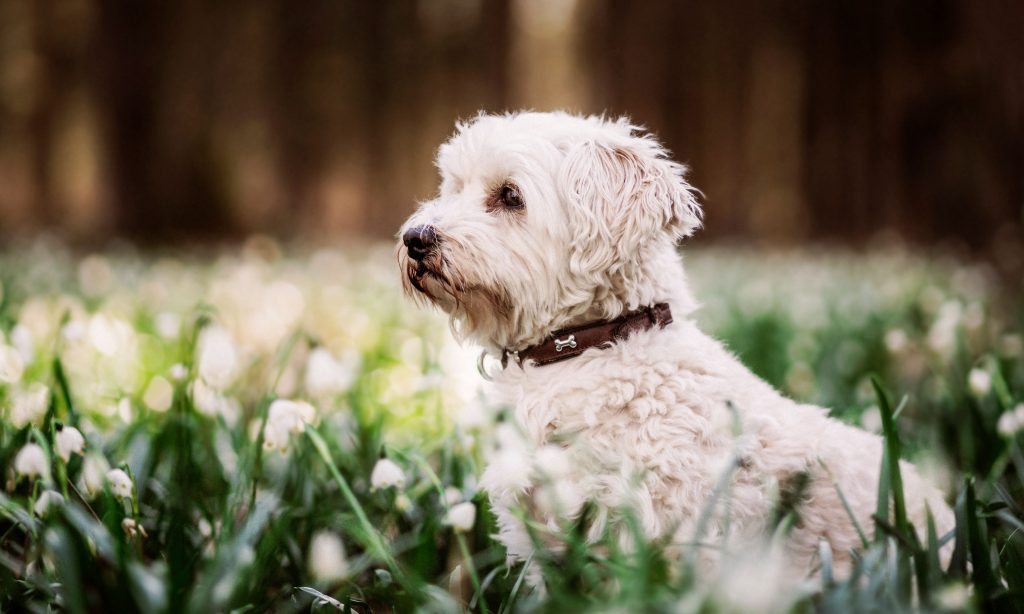The post aims to provide dog owners with a comprehensive understanding of the scents that dogs dislike and how these aversions can impact their behavior. By shedding light on this topic, we aim to educate and inform pet parents and help them better understand their pets. Through this blog post, we aim to strengthen the bond between dogs and their owners and promote responsible pet ownership.

As pet owners, it is natural to want to understand our furry friends as much as possible. One aspect of our dogs’ behavior that can be especially puzzling is their reaction to certain scents. While some smells seem to delight our dogs, others can cause them to turn up their noses in disdain. In this blog post, we’ll explore the scents that dogs dislike, so you can better understand your pet’s sense of smell.
Why do dogs have aversions to certain scents?
Dogs have a keen sense of smell, which is why they may be averse to certain scents. Their noses can detect even the slightest odors, and some scents can be unpleasant for them. This can include strong perfumes, cleaning products, or even certain foods. Additionally, dogs may also be averse to scents that are associated with negative experiences, such as the smell of a vet’s office or a thunderstorm.
What are some scents that dogs dislike?
While every dog is unique, there are certain scents that are generally considered unpleasant for dogs. Some of these include:
- Citronella
- Vinegar
- Lemon
- Orange
- Lavender
- Rosemary
It’s worth noting that while these scents may be unpleasant for dogs, they are not harmful to them. In fact, some of these scents can even be used to help train dogs to avoid certain behaviors. For example, the scent of citronella can be used as a deterrent for barking.
Conclusion:
Dogs have a keen sense of smell, which can sometimes lead to aversions to certain scents. Understanding what scents your dog dislikes can help you create a more comfortable environment for them. If you have any questions or would like to chat with us about this topic, please feel free to visit our website!

Frequently Asked Questions:
What scents do dogs dislike?
Dogs have varying scent preferences and dislikes, but common scents that are unpleasant for dogs include strong perfumes, vinegar, citrus, and certain spices such as cinnamon.
Why is it important to understand my dog’s scent aversions?
Understanding your dog’s scent aversions can help you create a more comfortable environment for them, avoid unpleasant experiences, and improve their overall well-being.
Can scent aversions in dogs be caused by past experiences?
Yes, a dog’s previous experiences and associations with certain scents can greatly influence its scent aversions.
Is it possible to change a dog’s scent preferences?
Yes, it is possible to change a dog’s scent preferences through gradual exposure and positive reinforcement.
Are there any health concerns associated with a dog’s scent dislikes?
In some cases, exposure to certain scents can cause respiratory irritation or trigger allergies in dogs. It’s important to monitor your dog’s reactions to different scents and consult with a veterinarian if any health concerns arise.



